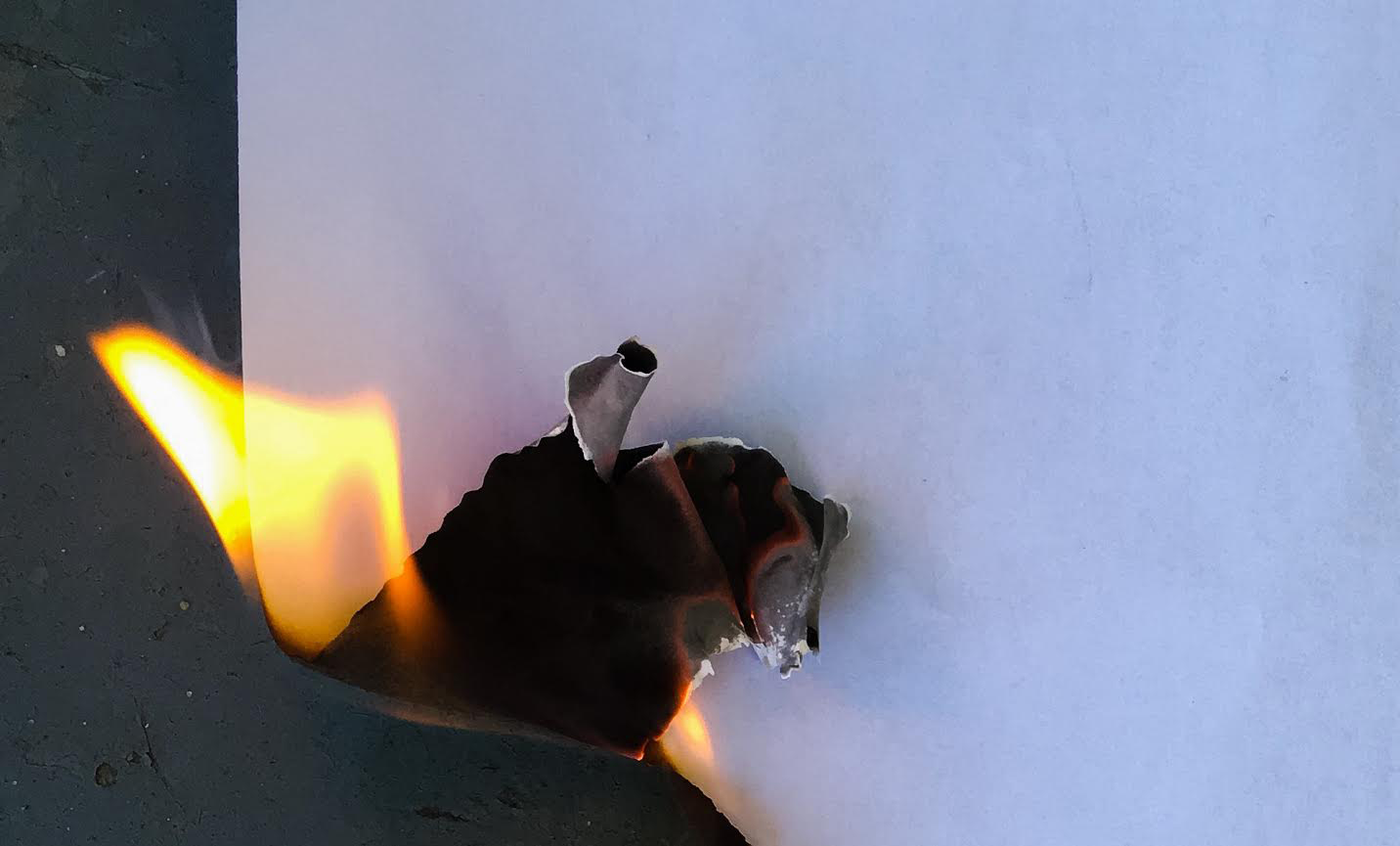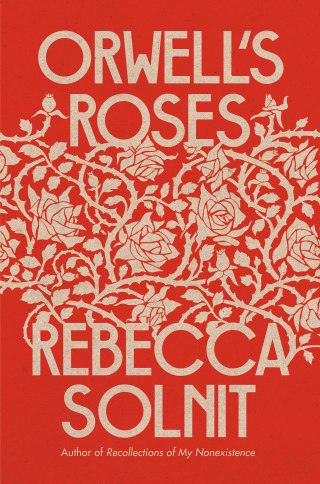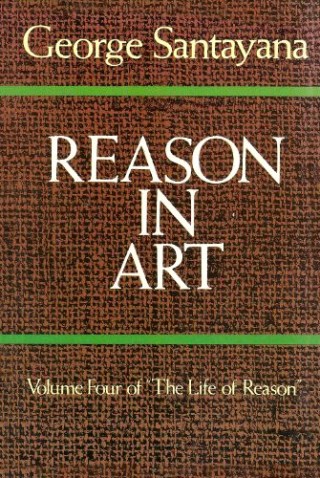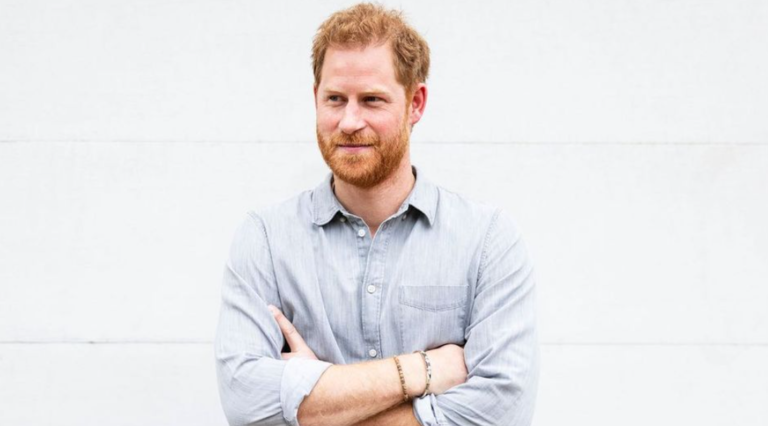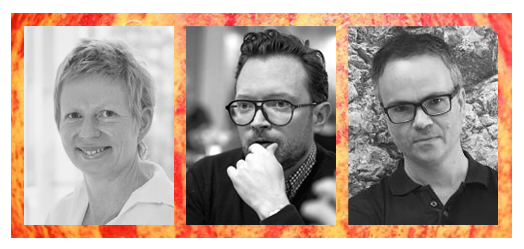(Professor Kremer also includes biographical information showing the “striking contrast” between Ryle’s relatively easy life and the challenging circumstances of MacDonald’s upbringing, education, and career; she was born into poverty, it appears she never met her father, and “at the age of nine, she was admitted into a sanatorium run by the National Children’s Home and Orphanage as a tuberculosis patient” after “her mother had abandoned her and left for Australia”).
“Margaret MacDonald and Gilbert Ryle: a philosophical friendship” appears in the British Journal for the History of Philosophy (it is paywalled, though readers may be able to access it through their university library). Despite the fact that “at the end of his life, Ryle tried to destroy his correspondence and unpublished writings,” including correspondence between him and MacDonald, he left behind certain clues to their philosophical friendship, and Professor Kremer brings together various pieces of evidence to suggest that her work “was an important source of ideas in Ryle’s philosophy, influencing both his famous distinction between knowledge-how and knowledge-that, and the development of his philosophical methodology.”
In a new article, Michael Kremer (University of Chicago) describes the results of some philosophical detective work he did uncovering the “philosophical friendship” of Margaret McDonald and Gilbert Ryle.
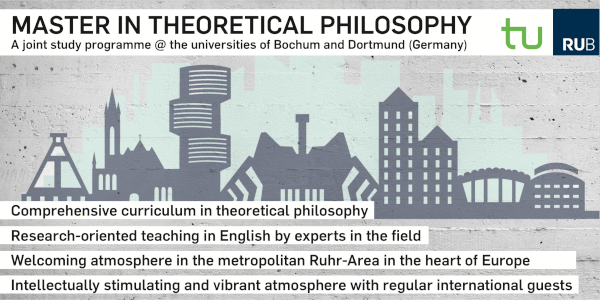
(photo by J. Weinberg)
It’s a fascinating read, and one that prompts curiosity about other less-well-known philosophical friendships involving notable philosophers, or friendships that were instrumental in the development of notable philosophical ideas. Examples welcome, as are your thoughts on philosophical friendships.
